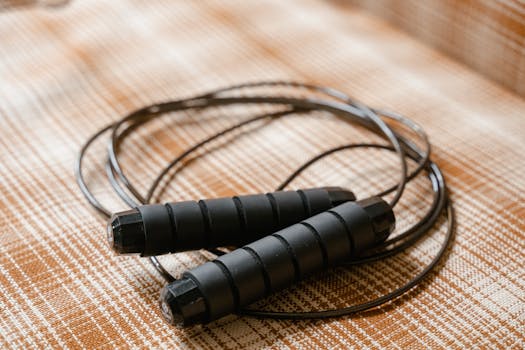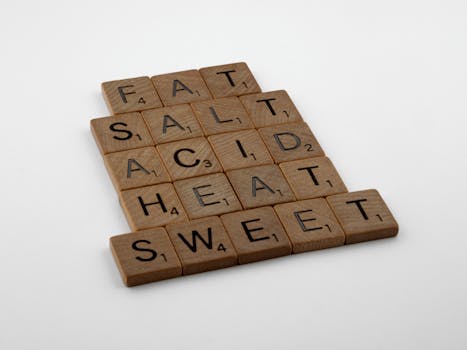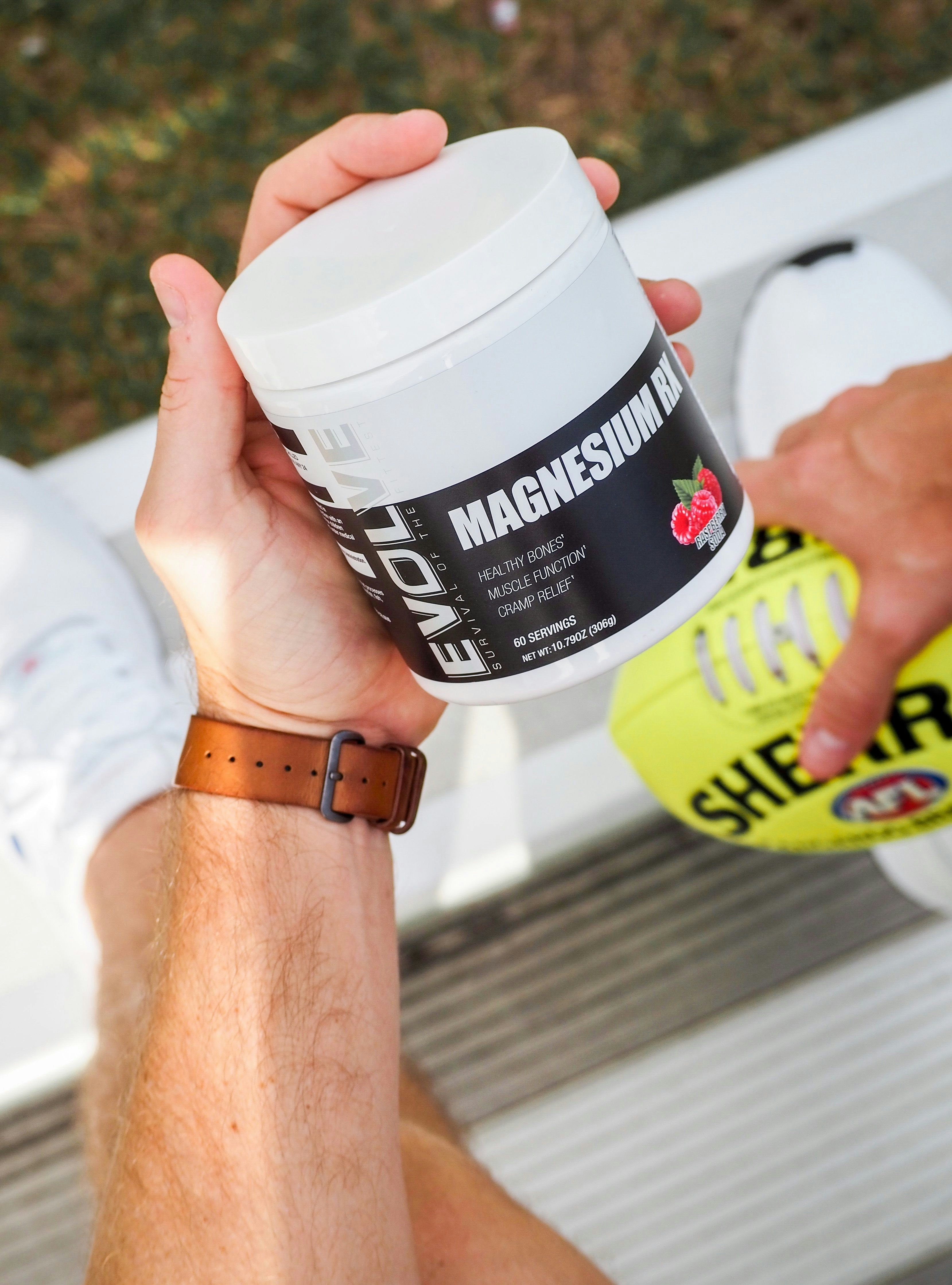How to Stop Perimenopause Itching: Effective Remedies
Nov 18, 2024
As women approach perimenopause, a transitional phase leading up to menopause, they often experience a range of uncomfortable symptoms, one of which is itching. This can be particularly distressing, as it affects both physical comfort and emotional well-being. Understanding how to stop perimenopause itching is essential for maintaining quality of life during this transitional phase.
In this comprehensive guide, we will explore the causes of itching during perimenopause, effective remedies, and lifestyle changes that can help alleviate this symptom. Additionally, we will discuss how Tidalflow's AI personal training solutions can support your wellness journey during this time.
Understanding Perimenopause and Its Symptoms
What is Perimenopause?
Perimenopause is the transitional phase leading up to menopause, typically occurring in women in their 40s. During this time, hormonal fluctuations can lead to various physical and emotional symptoms, including hot flashes, mood swings, and skin changes.
Common Symptoms of Perimenopause
Hot Flashes: Sudden feelings of warmth, often accompanied by sweating.
Mood Swings: Emotional fluctuations that can affect daily life.
Sleep Disturbances: Difficulty falling or staying asleep.
Itching: Skin may become dry and itchy due to hormonal changes.
Causes of Itching During Perimenopause
Hormonal Changes
The primary cause of itching during perimenopause is hormonal fluctuations, particularly the decline in estrogen levels. Estrogen plays a crucial role in maintaining skin hydration and elasticity. As levels drop, skin can become dry, leading to irritation and itching.
Skin Changes
During perimenopause, the skin undergoes various changes:
Decreased Oil Production: Less oil can lead to dryness.
Thinning Skin: Skin may become thinner and more sensitive.
Increased Sensitivity: Hormonal changes can make the skin more reactive to products and environmental factors.
Other Factors
Allergies: Increased sensitivity to allergens can cause itching.
Skin Conditions: Conditions like eczema or psoriasis may flare up during this time.
Diet and Hydration: Poor nutrition and dehydration can exacerbate skin issues.
Effective Remedies to Stop Perimenopause Itching
1. Moisturizing Regularly
Keeping the skin hydrated is crucial. Use a high-quality moisturizer that contains ingredients like hyaluronic acid, glycerin, or ceramides. Apply moisturizer immediately after bathing to lock in moisture.
2. Hydration
Drink plenty of water throughout the day to keep your skin hydrated from the inside out. Aim for at least 8-10 glasses of water daily.
3. Gentle Cleansing
Choose mild, fragrance-free cleansers to avoid irritating the skin. Avoid hot showers, as they can strip the skin of natural oils.
4. Oatmeal Baths
Soaking in an oatmeal bath can soothe itchy skin. Oatmeal has anti-inflammatory properties that can help calm irritation.

5. Topical Treatments
Consider over-the-counter creams or lotions containing hydrocortisone or calamine lotion to relieve itching. Always consult with a healthcare provider before starting any new treatment.
6. Humidifiers
Using a humidifier in your home can add moisture to the air, helping to prevent dry skin, especially during winter months.
7. Avoiding Irritants
Identify and avoid any products that may irritate your skin, including harsh soaps, detergents, and certain fabrics.
8. Dietary Adjustments
Incorporate foods rich in omega-3 fatty acids, such as fish, flaxseeds, and walnuts, which can help improve skin health. A balanced diet rich in vitamins and minerals is essential for overall skin health.
9. Stress Management
Stress can exacerbate itching. Engage in stress-reducing activities such as yoga, meditation, or deep-breathing exercises.
10. Consult a Healthcare Provider
If itching persists or worsens, consult a healthcare provider. They can help identify any underlying conditions and recommend appropriate treatments.
Lifestyle Changes to Support Skin Health During Perimenopause
Regular Exercise
Engaging in regular physical activity can improve circulation, which helps nourish the skin. Consider incorporating activities such as walking, swimming, or yoga into your routine. For more tips on how to stay active, check out our article on how a pedometer encourages a physically active lifestyle.

Balanced Nutrition
A diet rich in fruits, vegetables, whole grains, and lean proteins can support skin health. Foods high in antioxidants can help combat oxidative stress, which can affect skin health.
Skin Care Routine
Develop a consistent skin care routine that includes cleansing, moisturizing, and protecting your skin from sun damage. Look for products specifically designed for mature skin.
Mindfulness and Relaxation
Practicing mindfulness can help manage stress levels. Techniques such as meditation, deep breathing, and progressive muscle relaxation can be beneficial.
How Tidalflow Can Help
At Tidalflow, we understand the unique challenges that come with perimenopause. Our AI-powered personal training solutions offer tailored fitness and wellness plans that can help you manage symptoms effectively. By focusing on personalized nutrition and exercise regimens, Tidalflow empowers you to take control of your health during this transitional phase.
Personalized Fitness Plans
Our AI personal trainers can create customized workout plans that cater to your specific needs and goals. Whether you want to improve your overall fitness or focus on skin health, we have the right plan for you.
Nutritional Guidance
Tidalflow offers nutritional advice that can help you make healthier food choices, ensuring you get the vitamins and minerals necessary for skin health. Learn more about our fiber intake calculator to help you maintain a balanced diet.
Continuous Support
With Tidalflow, you're not alone. Our platform provides ongoing support and motivation, helping you stay committed to your health goals. Our AI trainers are available to answer your questions and adjust your plans as needed.
Conclusion
Dealing with perimenopause itching can be challenging, but with the right strategies and support, you can find relief. From moisturizing and dietary adjustments to consulting healthcare professionals, there are numerous ways to alleviate this discomfort. Additionally, Tidalflow's AI personal training solutions can provide you with the tools and support you need to navigate this phase of life successfully. Take the first step towards a more comfortable and healthier you by exploring our personalized fitness solutions today!
Related Questions
What cream is good for perimenopause itching?
Over-the-counter creams containing hydrocortisone or calamine lotion can provide relief from perimenopause itching. However, it's essential to consult with a healthcare provider before starting any new treatment, as they can recommend the most appropriate cream for your specific needs.
What can I take for hormonal itching?
For hormonal itching during perimenopause, topical treatments like moisturizers, oatmeal baths, and over-the-counter creams can help alleviate symptoms. Additionally, lifestyle changes such as staying hydrated, managing stress, and maintaining a balanced diet can support overall skin health.
What is the natural remedy for menopause itching?
Natural remedies for menopause itching include oatmeal baths, aloe vera gel, and coconut oil. Incorporating foods rich in omega-3 fatty acids, such as fish, flaxseeds, and walnuts, can also help improve skin health. Additionally, staying hydrated and managing stress through practices like yoga and meditation can provide relief.
Is itching a side effect of perimenopause?
Yes, itching is a common side effect of perimenopause. Hormonal fluctuations, particularly the decline in estrogen levels, can lead to dry and itchy skin during this transitional phase.
Disclaimer: This article is for informational purposes only and does not substitute professional medical advice. Consult a healthcare provider for personalized recommendations.
You should not have to do it all on your own













